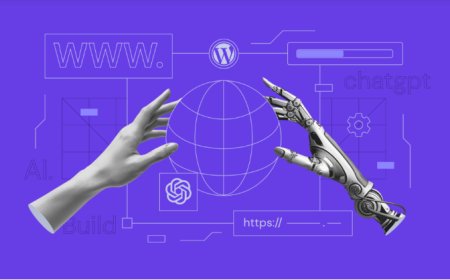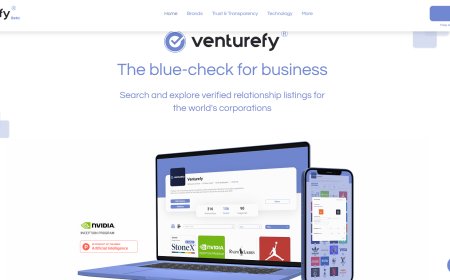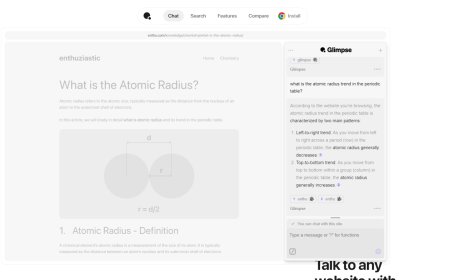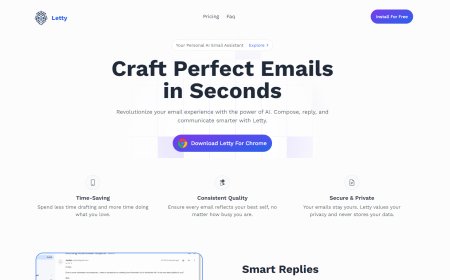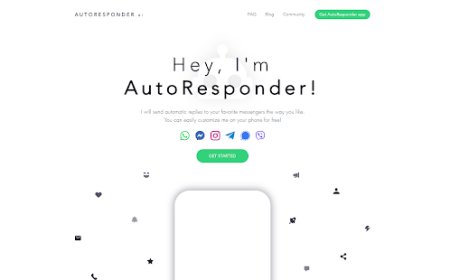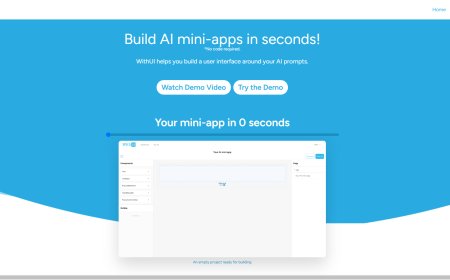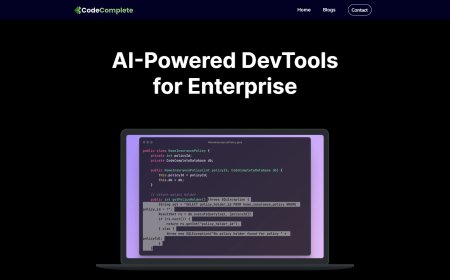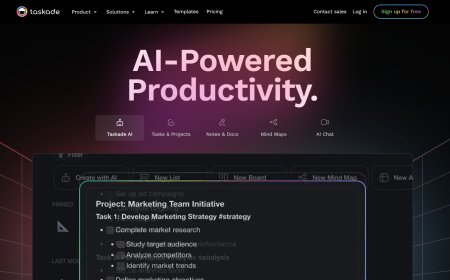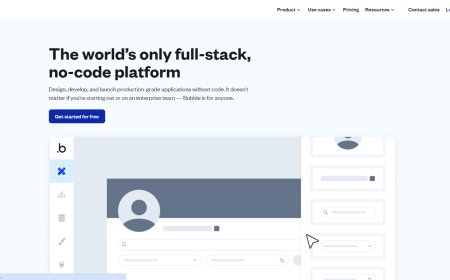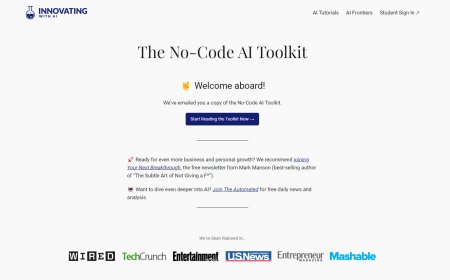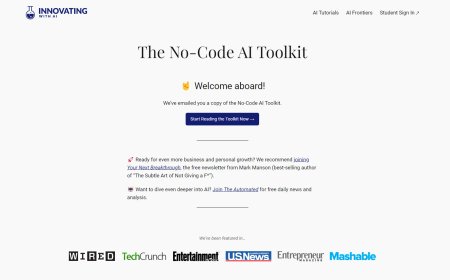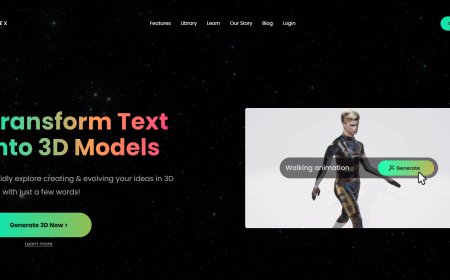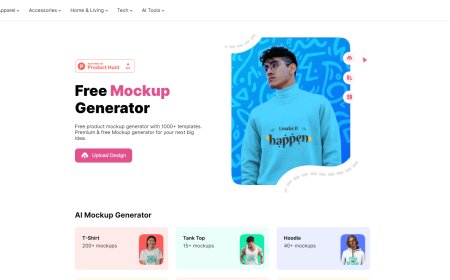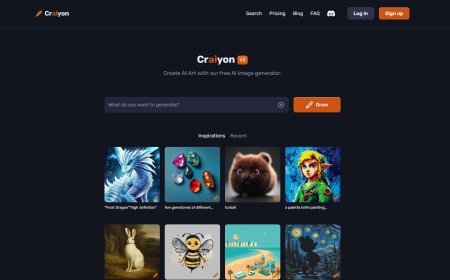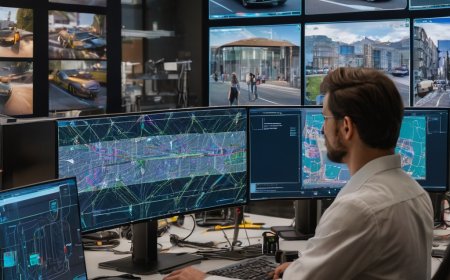Domestic Humanoid by OpenAI Closer to Market After $100M Funding
Neo is an unconventional android

A humanoid has just moved a step closer to being part of consumer households after the robotics company 1X secured an impressive $100 million in funding.
The Norwegian startup intends to use the funds to launch an android named Neo into the market. This bipedal robot is designed for handling everyday domestic tasks, from doing laundry to tidying up.
"The once-distant dream of having a versatile, intelligent home assistant is now becoming a reality," stated Bernt Øivind Børnich, CEO of 1X, in an interview with TNW.
Børnich co-founded 1X in 2014 with the vision of producing commercial androids that contribute to society and meet labor demands. In pursuit of these combined goals, the robots are engineered to collaborate with humans, freeing up our time and improving global living standards. The first robot assigned to this mission was Eve, developed for enterprise applications. The two-wheeler rolled into the workforce for the first time last year, proving particularly adept at warehouse logistics and security.
Neo has more extensive ambitions. This general-purpose robot is designed to seamlessly integrate into our everyday lives as an intelligent assistant.
To facilitate this transition, 1X has endowed Neo with various human-like attributes. It resembles us in form, height (165 cm), and range of motion. It also possesses dexterous hands capable of lifting 75 kg in a deadlift or squat. What truly sets Neo apart among humanoids is that it's not an industrial machine.
"It's soft like us, light, and inherently safe, with no pinch points or other hazards, which is crucial for us to pursue our vision of deploying safe and useful robots to consumers," explained Børnich. An Open Connection with AI Neo learns new household tasks through a technique called embodied AI, enabling machines to acquire skills by interacting with their environment.
Customers can also manually control the robot with a VR headset and controllers. They can even engage in conversation with Neo, which features conversational functionality akin to ChatGPT.
This comparison may not be coincidental. OpenAI was a leading investor in 1X's Series A funding round of $23.5 million last year.

"The partnership with OpenAI has been crucial in providing insight into future developments and trends in AI," stated Børnich.
"Having them as a strong partner significantly aided our focus on the Neo project, particularly in solving problems related to cloning human thought and behavior into a machine." Funding Plans The latest infusion of cash comes from a Series B round. Among the investors is EQT Ventures, a VC firm that has previously backed startups such as Varjo and Einride.
"The prospect of androids assimilating into the workforce seems like a distant reality from the sci-fi world," said Ted Persson, a partner at the firm.
"But as we spoke to more and more people, a picture of this actually happening in the next five to seven years emerged. 1X is sprinting towards a reality where robots don't just exist in movies or assembly lines but walk among us, enhancing our workplaces and lives."
With an additional $100 million in their coffers, that reality is drawing closer. Børnich did not reveal a specific launch date but expects preorders for Neo to open "within a short time period."
This could put it in a footrace against another bipedal contender: Tesla's Optimus robot. Elon Musk aims to launch the robot by 2027.
While Musk's timelines are notoriously unpredictable, one thing is certain: the market for humanoids is heating up.
What's Your Reaction?

















